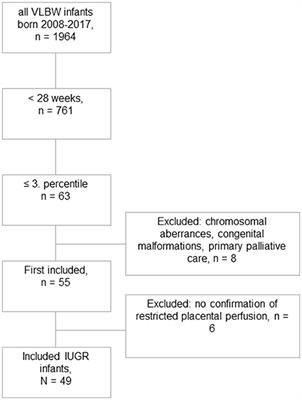ORIGINAL RESEARCH
Published on 19 Apr 2022
Flexible Endoscopy With Non-invasive Ventilation Enables Clinicians to Assess and Manage Infants With Severe Bronchopulmonary Dysplasia

doi 10.3389/fped.2022.837329
- 1,403 views
- 2 citations
12k
Total downloads
50k
Total views and downloads
You will be redirected to our submission process.
ORIGINAL RESEARCH
Published on 19 Apr 2022

SYSTEMATIC REVIEW
Published on 07 Apr 2022

REVIEW
Published on 09 Mar 2022

CASE REPORT
Published on 06 Dec 2021

ORIGINAL RESEARCH
Published on 17 Nov 2021

ORIGINAL RESEARCH
Published on 12 Nov 2021

ORIGINAL RESEARCH
Published on 06 Oct 2021

ORIGINAL RESEARCH
Published on 30 Sep 2021

REVIEW
Published on 20 Aug 2021

